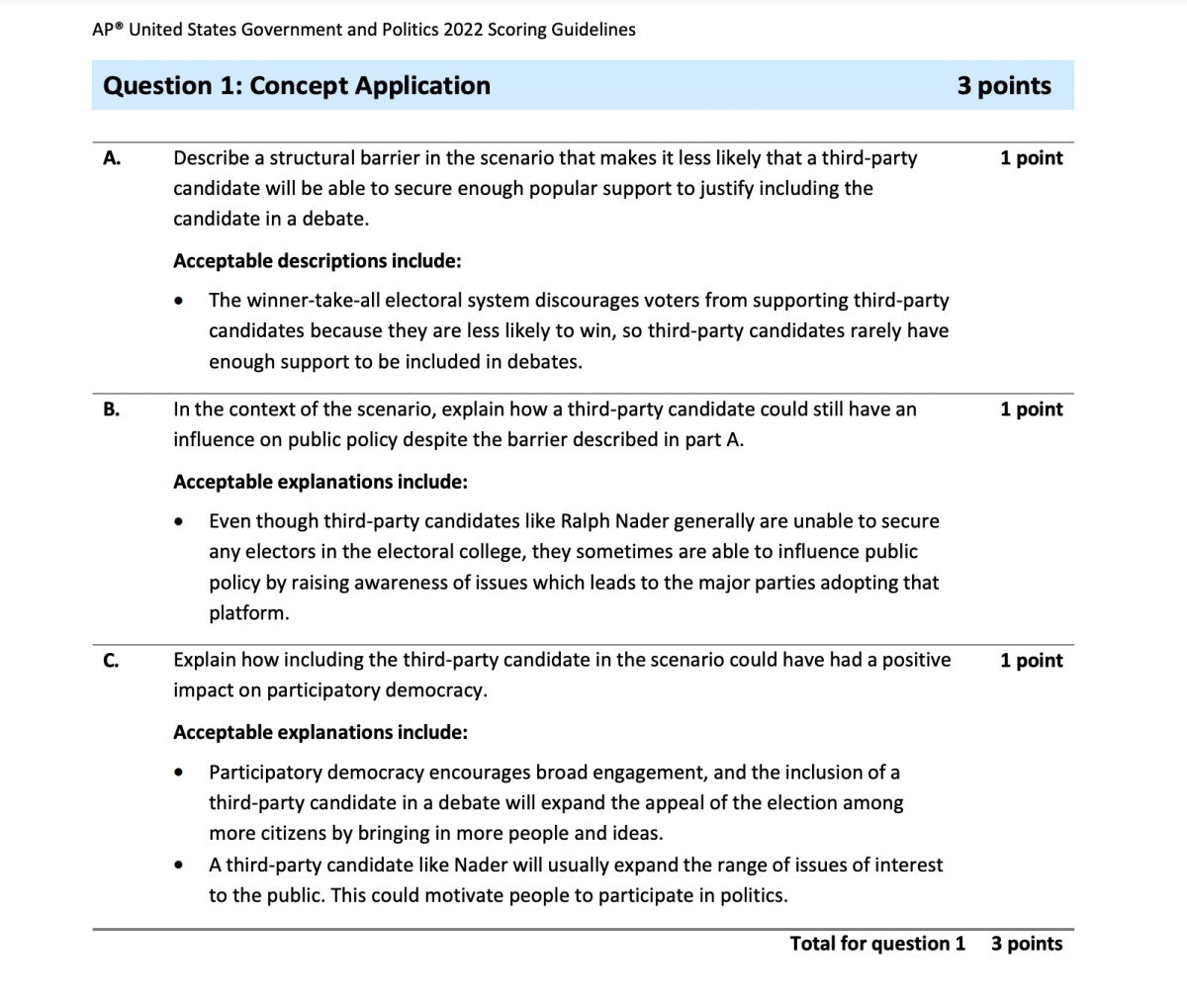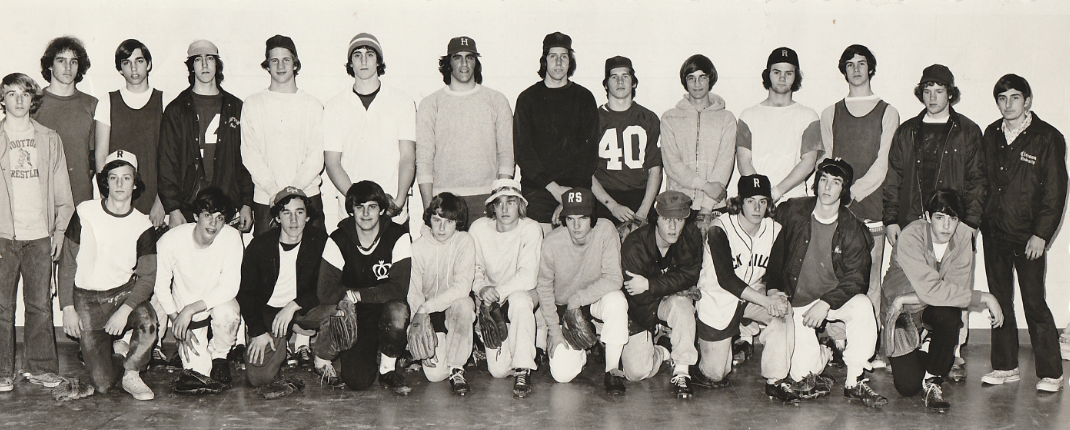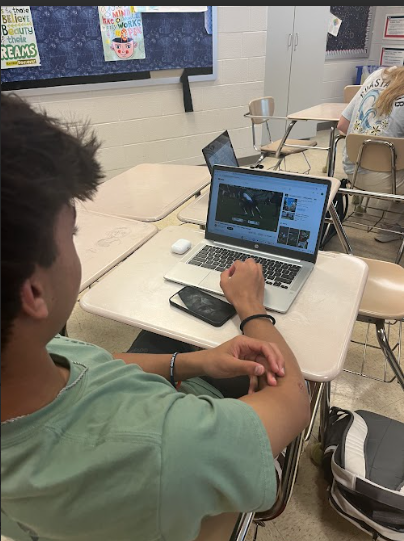After students complete their anticipated AP exams in May, they find themselves waiting for about two months before they receive their scores. During this time, AP teachers and college faculty from all over the country either convene at designated locations or complete online scoring to evaluate these exams.
Staff Development Teacher Christina Rice was a two-time reader for the AP U.S. Government and Politics exam. “In the past, the requirement was that you taught the AP course for three years before being able to be a reader. Now, high school teachers can be a reader without the three-year requirement, though college instructors still need three years of experience in the course they wish to be a reader,” Rice said. “I assume this is because of nationwide labor shortages.”
AP seminar and research teacher Michelle Hanson has graded AP seminar responses for four years of exams. To become an AP reader for the College Board, there is a detailed application process. “I filled out the application form and sent my resume to College Board and I was hired based on the strength of my experience and resume,” Hanson said.
Hanson shares what the process of grading was like. “When grading, you are assigned a particular question to read,” Hanson said. “Early readers find exemplars for each part of the rubric we’re using, and we read those selected responses and evaluate them using the rubric. After we have trained, we must pass ‘calibration,’ where we score a paper and then see how our scores stacked up against the exemplar scores. We must pass calibration before we can officially score, and we must pass calibration every day before we start grading.”
Rice graded virtually, which came with its set of difficulties. “With young kids, it isn’t feasible for me to travel to Salt Lake City, UT, for a week to score essays, so I opted to do the online scoring. Reading essays on a computer screen [was] a lot,” Rice said. “College Board would pay us up to eight hours a day, but I would only do three hours a day so I wouldn’t have to look at the screen so much.”
Being an AP reader can help teachers understand what the College Board is looking for when scoring. “I had been teaching the course for eight or nine years and wanted to learn more about the scoring process for essays so that I could better help my students,” Rice said. “The pay wasn’t that great, but the professional learning was well worth it.”
AP reading can also change how teachers teach their students the material, to ensure they get the best grade possible on the exam. “Advantages to being a grader include excellent professional development about scoring, but also about ways to teach the material,” Hanson said. “It has made me more confident in my scoring because I know what I’m looking for.”
Rice agrees, stating that AP grading affected how she taught her class. “Being a reader taught me so much about what the College Board looks for on the AP U.S. Government exam. It impacted how I taught writing in the class, and my expectations of my students,” Rice said.
Rice offers advice to students taking an AP exam in May. “For students preparing for AP exams, the best resource for preparing for the written component is to review the past exam questions that are posted on the College Board website for each exam,” Rice said. “I always assigned my students the task of looking at the four FRQs, setting a timer and responding to the questions to the best of their ability. Then, score your own response using the scoring guidelines, and review the sample responses provided on the website. It’s such a great resource.”









